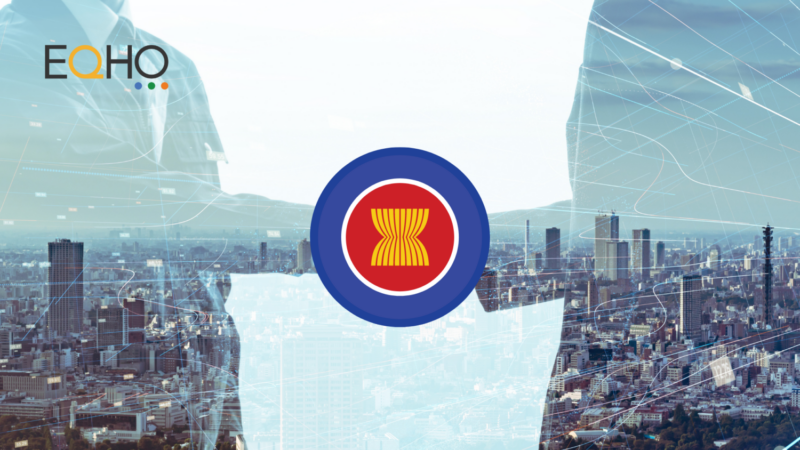When it comes to localization projects, you’re only as good as your quality assurance (QA) process.
There is no point undertaking tricky translations without a comprehensive QA system, as brands should not be settling for any less than a truly impeccable translation if they are to connect with their target audience.
If you have a reputation for creating highly engaging and unique copy, you don’t want this to change when marketing products in a different language. This is where QA comes in.
Should you outsource?
From an early stage, businesses need to think seriously about whether or not they need to outsource QA operations. A combination of a lack of knowledge, time and skills frequently means companies simply cannot do a good enough job without outside help.
For example, delivering a short time to market could be a decisive factor in a company’s success, but manual oversight is time sensitive. Human checks are an essential part of the process, but they are not the be-all and end-all. Striking the right balance between using human and automated corrections is a must.
Among the benefits of outsourcing to an established localization agency are:
Use of QA tools
These tools automatically detect formal errors in translations and translation memories, meaning that quick and easy corrections can be carried out. Among the traceable error categories that can be set up are omissions, inconsistencies, formatting problems and terminology errors. The greater volume of projects carried out, the more use these tools become.
Agility
Professional companies will be able to quickly create the next iteration of the document after errors have been pointed out. Of even more benefit is the fact that end user feedback can be used to make sure the same types of issues do not crop up in future projects for the same client.
ISO quality management
In less mature markets, quality is one of the major differentiators between companies. This is why organizations need to make sure they are putting their best foot forward at all times, as this could be the difference between success and failure. ISO quality management underlines a firm’s commitment to best practice (translate, proofread and edit) when it comes to QA. Having ISO-documented quality assurance procedures also offers proof that a management system is in place and internal and external audits are regularly being carried out.
Value for money
Top-quality localizations cost time and money. While businesses may be able to create a relatively good final product by using the resources they have to hand, it will never be a match for the full suite of products on offer from a professional agency. For example, qualified, native-speaking professionals will be used as a rule on projects, while error-management protocols and infrastructure will also be in place. Moreover, subject matter experts can be used for particularly tricky content where accuracy is essential, such as technical or medical documents. Finally, once the project has been completed, an in-depth review will typically be carried out to ascertain its success.



